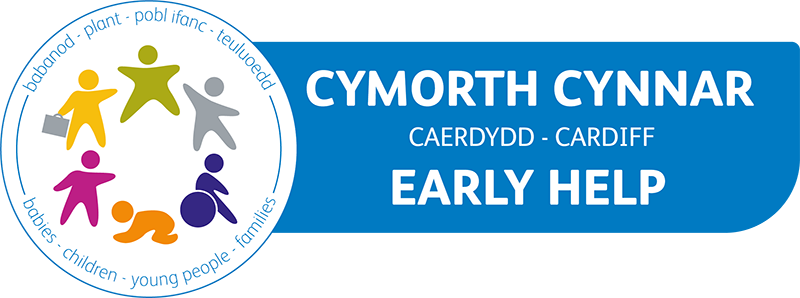ABOUT YOU
What might you be experiencing?
- You may become more irritable than usual and your mood may change back and forth dramatically. You may be especially anxious or nervous or
- You may have repeated and vivid memories of your experiences. These flashbacks may lead to physical reactions such as rapid heartbeat or
- You may find it difficult to concentrate or make decisions, or become more easily confused. Your sleep and eating patterns may also be
All of these things may affect how you get on with the child or children you are looking after.
What can you do to help yourself?
- Recognise that this is a challenging time but one that you can work to manage. You have tackled other hardships at other times in your
- Recognise that you are a unique person. Use the skills and resources that you
- Allow yourself and your children to mourn any losses you may have
- Try to be patient with changes in how you are
- Try and keep hopeful and a positive outlook. This will help your children have hope for the
- Support each other and take help from friends, relatives, community and religious leaders.
- Look after yourself as much as possible and try to rest when you
- As much as you can, try to establish or re-establish routines, such as regular bed
- Try to keep yourself occupied with regular chores or with work or activities with others around
- Maintain any religious activities you
ABOUT YOUR CHILD
What might your child be experiencing?
How children react to stressful experiences can vary depending on a variety of things, for example their age, but here are some common ways children react:
- Physical complaints such as headache, stomach ache, fever, cough, lack of
- Being fearful and
- Difficulty sleeping, nightmares, night terrors, shouting or
- Older children may go back to bedwetting, clinging to their parents, frequent crying, thumb-sucking, being afraid to be left
- Becoming unusually active or aggressive or the opposite shy, quiet, withdrawn and
- Difficulty
It is important to remember that it is NORMAL for children to show stress reactions or problem behaviours after frightening and distressing experiences.
What can you do to help your child?
SAFETY
- Strive to keep your family together at all
- Try hard not to be separated from your children for long periods of
- Ensure your children know their name, and where you are staying and how to get help if they are separated from
- If you are going to a distribution site either keep your children close by at all times or leave them at home in the care of a responsible and trusted relative or
- If your children do go along with you arrange in advance somewhere you can meet if you become separated. Ensure this is somewhere the child will know and feel
- If your child goes out to play tell them to let you know where they are going and when they will be
PROVIDING WARMTH AND SUPPORT
- Promise that you will do everything you can to care for and protect
- Try to be affectionate with your child by often giving them hugs or holding their
- Try to tell them often that you love them. Being caring and telling your children that you love them will reassure
GIVING PRAISE
- Look for opportunities to praise your child when they have done something good, however small it may
- Try to be patient with your child and not to criticise them for changes in their behaviour, such as clinging to you or frequently seeking
- Encourage your child to help, and praise and thank them when they do. Children cope better and recover sooner when they help
SPENDING TIME TOGETHER AND TALKING
- Pay attention to your child. Spend a few moments with them whenever you
- Take time to listen to them and try to understand what they have experienced. Ask how they feel about their experiences and which experiences are most stressful and difficult to adjust
- Do not promise your children things you cannot
- Be open and try to give children accurate information about what is
ENCOURAGING PLAY
- Encourage your child to play with you, their siblings or other children. Play is important in helping children work through past and current stress and experiences and to prepare for the future. It helps maintain some normality in their
MAINTAINING A ROUTINE
- Try to maintain everyday routines, such as bedtimes, as much as you
- Encourage children to do school work (reading, maths, writing), even if there are no schools.
